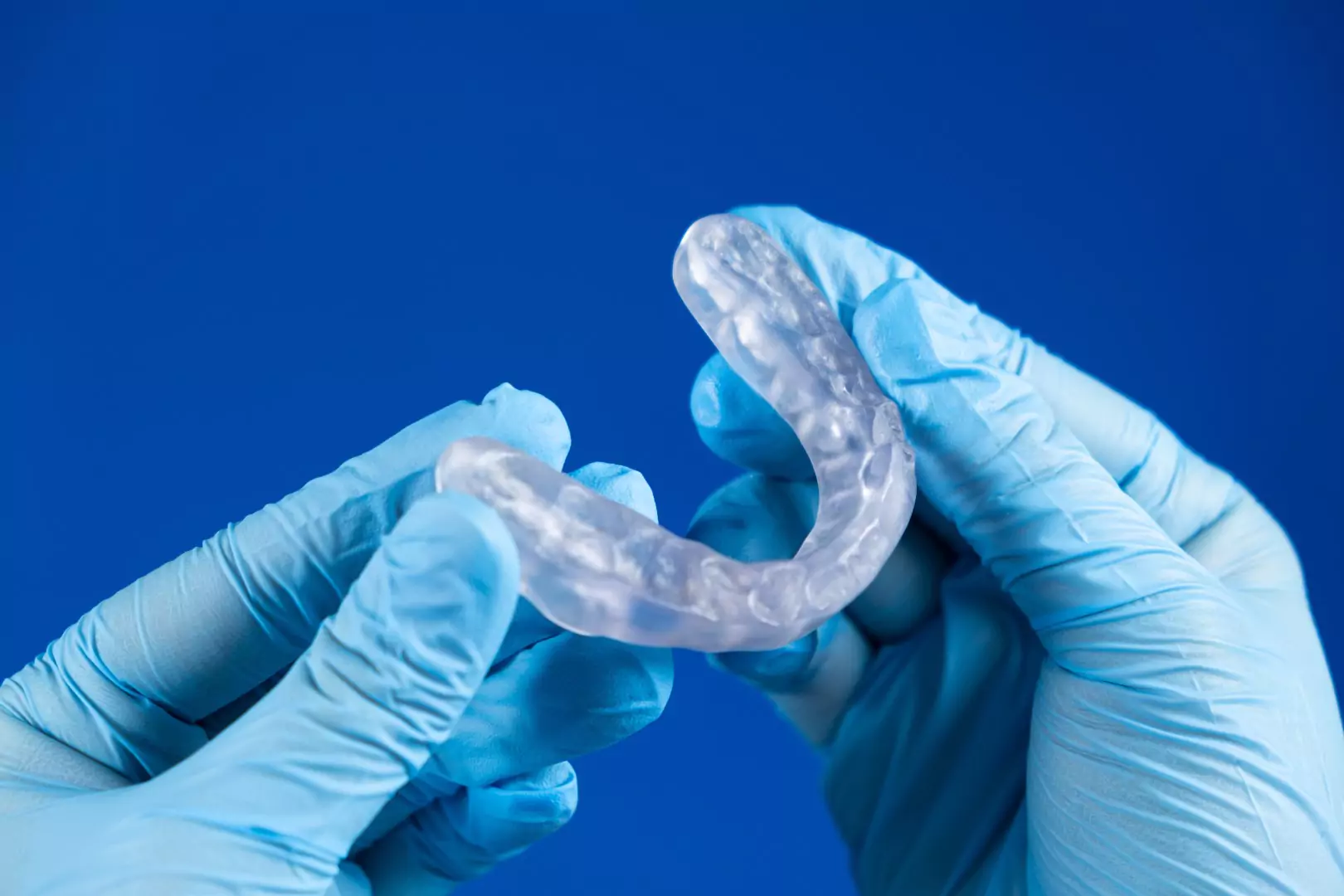
The jaw joint is also known as the temporomandibular joint. It connects the lower jaw to the skull. You have one on each side of your head, right in front of your ears. When people have pain in this joint, it’s called temporomandibular joint pain, or TMJ pain. Sometimes, people can have a group of conditions that affect this joint, including the muscles, ligaments, and nerves in the jaw. This is called a temporomandibular disorder, or TMD.

We need to know about these symptoms because they may indicate problems with your jaw joint or temporomandibular joint (TMJ). These symptoms could also be caused by other conditions, so it’s important to get them checked out by our doctors.

The jaw joint or TMJ moves in many different ways thousands of times a day. If the TMJ doesn’t work properly, it can strain the joint and the muscles, ligaments and other tissues around it. This can cause chronic pain, including sharp ear pain that comes and goes over time.
If your upper and lower teeth don’t fit together properly, it can affect how your TMJ works, and lead to temporomandibular joint disorder (TMD).
Using your TMJ too much is another common cause of TMD. For example, if you clench your teeth due to stress or concentrate too hard during the day, it can put too much pressure on your TMJ and cause symptoms to develop gradually.
Traumatic injuries, such as from contact sports or car accidents, can also damage your TMJ and cause pain.

Most TMJ problems can be treated with simple methods, even if it’s related to habits like clenching or grinding, or misaligned teeth. Wearing a bite splint or a nightguard to protect your teeth or orthodontic therapy can help manage your TMJ pain.

Jaw muscle pain can often be relieved with oral physiotherapy. This involves exercises and techniques to improve the function of the jaw muscles and the TMJ. It may include stretching exercises, massage, and relaxation techniques to reduce tension in the jaw muscles.
Oral physiotherapy can also include education about lifestyle changes, such as reducing stress and avoiding hard or chewy foods. The goal is to reduce pain and improve the function of the jaw muscles and the TMJ.
Call Us
Mail Us

Please feel free to contact us if you have any questions about our services or to schedule an appointment.
